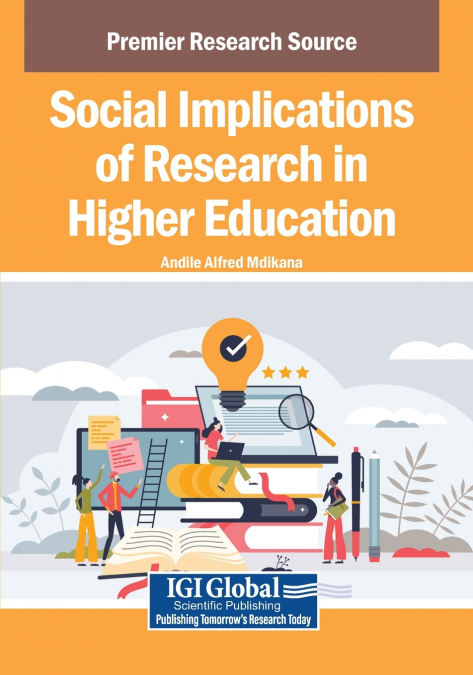
Andile Alfred Mdikana
Traditional research assumes a singular, almost absolutist approach to knowledge. In contrast, critical theory challenges the positivist outlook on scientific research and assumes a more socio-cultural outlook on the social world. In specific terms, critical research examines the nature of power dynamics influencing the social world. More broadly, this has implications for understanding inequality and disparity across cleavages of race, gender, ethnicity, sexual orientation, and economic class, among other differences in identity. Furthermore, rather than simply acknowledging the subjective nature of the social world, critical research calls for fundamentally transforming perceptions and attitudes in a manner that views marginalized populations more equitably. Social Implications of Research in Higher Education examines the social implications of research confounded by culturally reinforced presumptions such as stereotypes and other biases that privilege those in power. It analyzes research aimed at benefiting marginalized or oppressed populations who lack the same opportunities and benefits that are otherwise granted to those in mainstream society. Covering topics such as service-learning, university-community engagement, and research translation, this book is an excellent resource for social justice advocates, sociologists, researchers, professionals, scholars, academicians, and more.